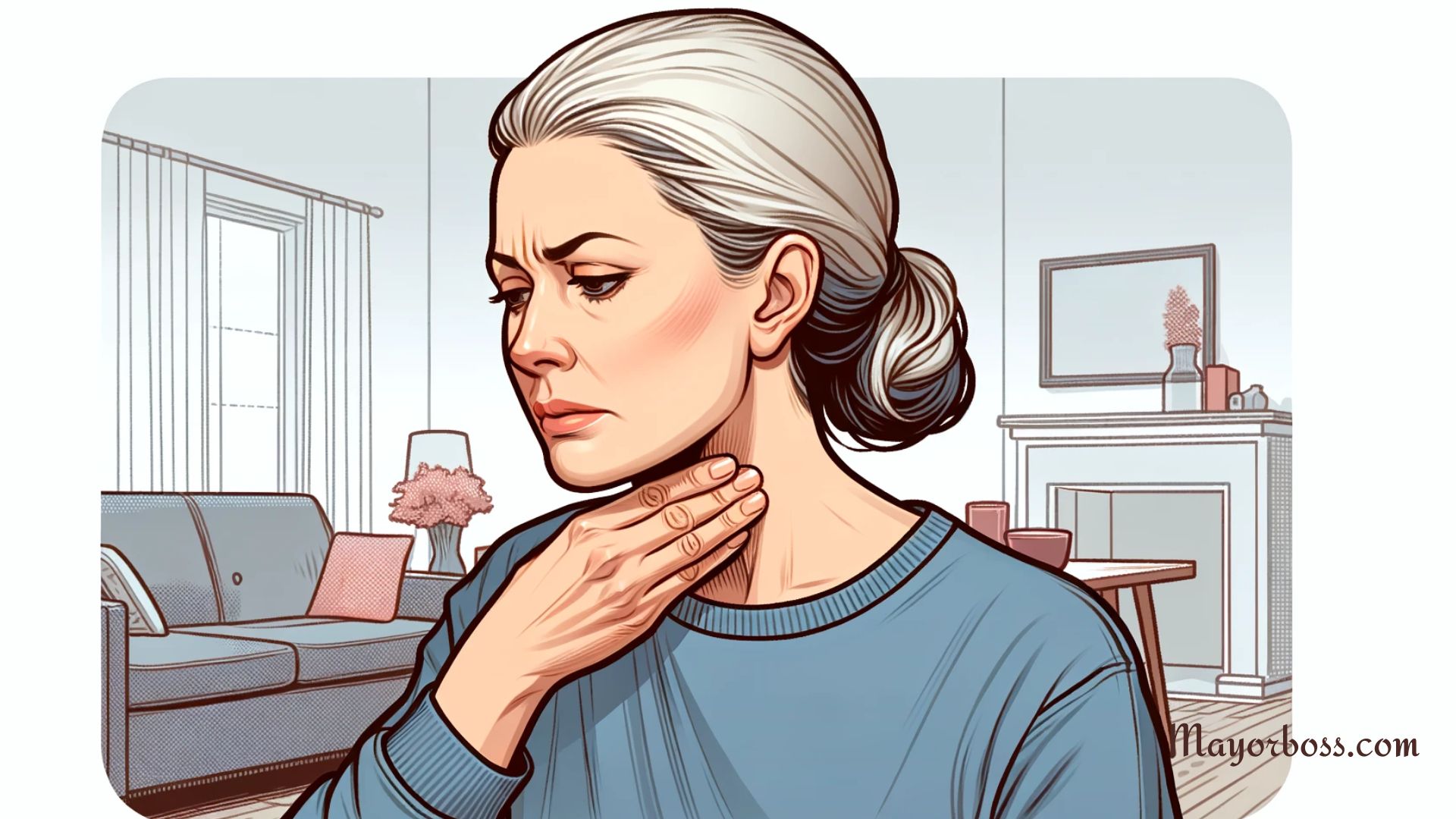Vitamin B12 Deficiency: 5 Signs in Your Legs at Night You Should Know
Do your legs feel a weird sensation at night? It might not just be tired muscles. A lack of Vitamin B12 can cause surprising symptoms that show up when you’re trying to rest. This important vitamin keeps your nerves and blood healthy, so when your levels drop, your body lets you know in unusual ways. Here are five signs in your legs that could mean you’re not getting enough Vitamin B12 and what you can do about it.

Tingling in Your Legs at Night
One of the first signs of low Vitamin B12 is a tingling feeling in your legs. This can feel like “pins and needles” and happens because B12 is important for keeping your nerves healthy. Without enough of it, your nerves can get damaged.
This tingling is often more noticeable at night when you’re lying still. If this keeps happening, it’s important to see your doctor. If left untreated, nerve damage could become permanent.
Numbness in Your Legs
Another symptom of low Vitamin B12 is numbness in your legs. This happens because a lack of B12 can harm the protective layer around your nerves. When this layer gets damaged, it’s harder for your nerves to send signals properly.
This numbness can make it hard to get comfortable at night. Getting treatment early can stop the damage from getting worse and help you feel better.
Weak Muscles in Your Legs
If your legs feel weak for no clear reason, it might be because you’re not getting enough Vitamin B12. Your muscles need your nerves to work correctly so they can move. Without enough B12, those signals might not work as they should.
You might notice this weakness more at night, especially after a busy day. A doctor can do a simple blood test to check if low B12 is the cause.
Cramps and Pain in Your Legs
Getting cramps or pain in your legs, especially at night, could also mean you’re low on Vitamin B12. This vitamin helps your muscles and nerves work the way they should. Without it, you might have muscle spasms or discomfort.
These cramps can wake you up and make it hard to get a good night’s sleep. If this keeps happening, along with other symptoms, it’s a good idea to talk to your doctor.
Trouble Walking or Balancing
In more serious cases, low Vitamin B12 can cause problems with walking or staying balanced. This happens because your nerves help control your movements, and low B12 can damage those nerves.
You might feel unsteady on your feet, especially in the dark or on uneven ground. If you’ve noticed this, it’s important to see a doctor before the problem gets worse.
What Can Cause Vitamin B12 Deficiency?
There are a few reasons why someone might not get enough Vitamin B12:
- Not Eating Enough B12 Foods: People who don’t eat meat, fish, eggs, or dairy might not get enough B12 since it’s mostly found in animal products.
- Trouble Absorbing B12: Conditions like pernicious anemia or Crohn’s disease can make it harder for your body to absorb B12.
- Certain Medicines: Some medications, like metformin or acid reflux drugs, can lower how much B12 your body absorbs.
- Getting Older: As you age, your body makes less stomach acid, which helps you absorb B12 from food.
How to Fix a Vitamin B12 Deficiency
If you think you might be low on Vitamin B12, talk to your doctor. They can do a blood test to check. Depending on how low your levels are, they might suggest:
- Eating More B12 Foods: Add foods like meat, fish, eggs, and dairy to your meals. If you’re vegetarian or vegan, look for B12-fortified cereals or plant-based milks.
- Taking Supplements: B12 pills or drops that go under your tongue can help if your deficiency is mild.
- Getting Injections: For serious cases, your doctor might give you B12 shots to quickly boost your levels.
What You Should Know
Low Vitamin B12 can cause many symptoms, especially in your legs at night. Tingling, numbness, weakness, cramps, and trouble walking are all signs to watch for. If you have any of these symptoms, see your doctor to prevent the problem from getting worse and to improve your overall health.






